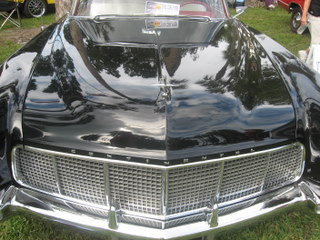
When a car company kills off a longstanding brand, it never ends up well. Marketing people and analysts always believe that killing off the brand will help the other brands in a company’s portfolio, but the reality is that companies that kill off longstanding brands (as opposed to models) are trying to show that they are trying to fix a problem by not fixing it.
This was the hope of Ford, when it said June 2 that it would end production of the Mercury in order to go after Cadillac and Lexus. Apparently, the success this year with Ford has enabled them to absorb the costs of shutting it down. In addition, they said many of those sales were to fleets or were on Ford Motor family discounts, so they would be absorbed by Ford. The release is here:
Of Ford Motor Company’s 16 percent market share in the U.S., Mercury accounts for 0.8 percentage points, a level that has been flat or declining for the past several years. That contrasts with the Ford brand, which has increased market share by 2.2 percentage points so far this year …
The killing off of Plymouth permanently damaged Chrysler dealers. Plymouth was the family car, and when that audience left Chrysler dealers, they did not move up to Chrysler. Ditto with the shutdown of Oldsmobile; GM never recovered from the loss of the sales, which did not go to other brands. In fact, at the same time GM was dumping Olds, it was investing billions in its “new” brands like Saab, Hummer and Saturn, to no avail. GM somehow thought all its Olds buyers would run on down the street and buy Pontiacs or Buicks. But they didn’t; after all advertising has trained us over the years to see each brand differently. A Pontiac person is not an Olds person is not a Buick person, a lesson GM learned through bankruptcy.
A few weeks ago AutoNews.com reported that sellers like Lincoln-Mercury dealer Darryl Wischnewsky in Houston are searching for other franchises. Apparently, Wischnewsky has a letter of intent from Volvo and is awaiting final approval. Without another franchise, he worries dealership cannot survive with just Lincoln. Certainly, Ford will bring Lincoln new models, but there are still sales that will be missed.
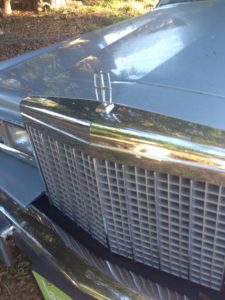 This is often the hidden problem of car brand kill-offs. The essential nature of the dealership changes. With Lincoln-Mercury dealers, the two brands have been teamed for decades. In fact, Mercury has really been just a sub-brand to Mercury Lincoln. Car companies believe, mistakenly, that they are in charge of the brand and the dealership just sells it. But that is SO wrong. In the mind of the public, the dealership IS the brand, their only evidence of it. They rarely see the corporate advertising, but the dealership, and its local owners, are always staring them in the face every time they get out in the car. In addition, each dealership will have to change its name, and become something different. I can name the dealers in my head: Connolly Phillips Lincoln Mercury. Ed Howard Lincoln Mercury. Alex Karras Lincoln Mercury. Things will change.
This is often the hidden problem of car brand kill-offs. The essential nature of the dealership changes. With Lincoln-Mercury dealers, the two brands have been teamed for decades. In fact, Mercury has really been just a sub-brand to Mercury Lincoln. Car companies believe, mistakenly, that they are in charge of the brand and the dealership just sells it. But that is SO wrong. In the mind of the public, the dealership IS the brand, their only evidence of it. They rarely see the corporate advertising, but the dealership, and its local owners, are always staring them in the face every time they get out in the car. In addition, each dealership will have to change its name, and become something different. I can name the dealers in my head: Connolly Phillips Lincoln Mercury. Ed Howard Lincoln Mercury. Alex Karras Lincoln Mercury. Things will change.
But when these dealerships begin to take on new car marques, all the identities and relationships will begin to change, and they will not only be in the Ford family.
It seems like but a decade ago that Ford forced its Lincoln-Mercury dealers to have new, expensive re-branded signage. The old “cat” era signage was no good. And now these dealers must change again.
We wonder whether Ford might have, instead of killing off Mercury entirely, merely turned it into a true sub-brand or model of Lincoln? Sell one badge-engineered sedan, one family hauler, and leave it at that, cutting out the Mercury overhead. Or reformat Mercury into something that might complement Lincoln; perhaps a convertible Capri or Cougar? The Cougar was a very interesting car, and does have some followers.
It’s probably too late for that, though; once you say you are going to kill off a car brand, the consumers disappear, and resale values plummet. Brands can be brought back, but it has to be much later, and the result of cult appeal.

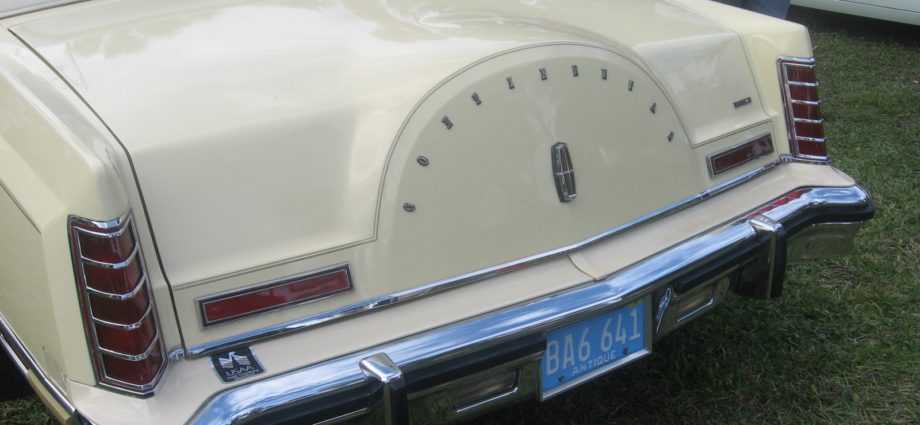

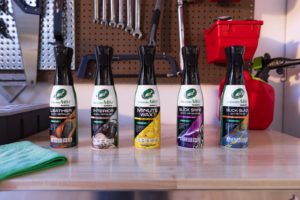




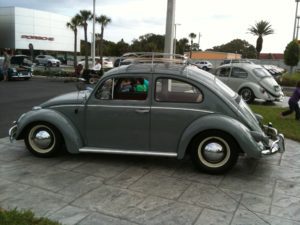
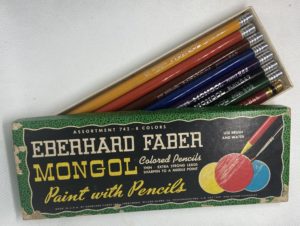
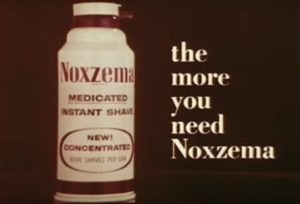
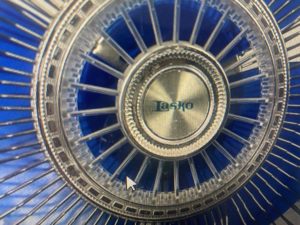

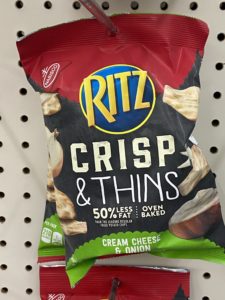
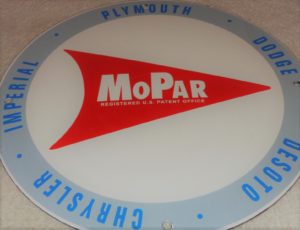
Mercury would be good name for Ford’s electric car line. Or crossover subline.
Re Challenge for Lincoln Mercury Dealers.
I worked for a successful Lincoln-Mercury dealer in Pasadena, CA in the early 1970s. Every car in our line-up was a best seller. The top of the line Lincoln is how the U.S. President traveled by car. Which attracted tons of executives to the Continental and the sportier Mark III. It was heavier, more powerful, faster and better looking than a Cadillac. Our Mercury wagons were the choice of upper middle-class moms. For the sports car enthusiast we had the awesome Pantera. For the college student we offer the inexpensive Capri. From my point of view Lincoln-Mercury brands and they lost their uniqueness. What should have been the Mercury line were marketed as Lincolns. So what they sell as Lincolns are just higher price Fords. Had Ford given the L-M more autonomy to design more distinctive cars they could have carved out meaningful niches. Unless they commit themselves to beating the Europeans in the luxury sedan category, the Lincoln will go the way of the Mercury and the Packard.